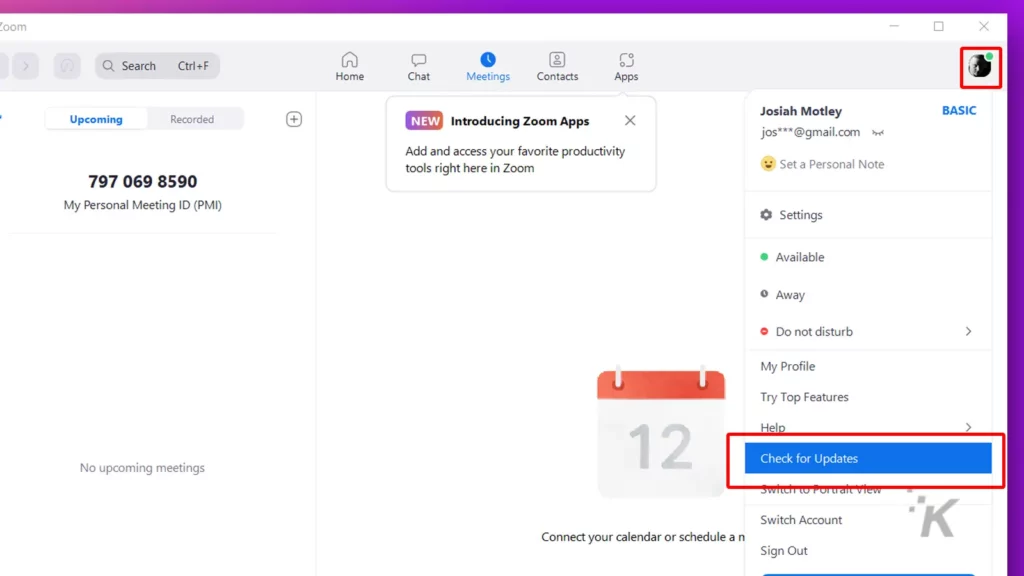Update Zoom to protect your computer against this dangerous flaw
As people have been transitioning to working from home, so have the meetings. Video conferencing has become the norm across many industries.
And many employers are sticking with video calls for job interviews. If you’re not used to communicating through this medium, don’t worry! Tap or click here for tips on rocking your remote interviews.
Zoom is among the most popular video conferencing apps, with millions of people using it daily. So it’s especially dangerous when a security flaw is discovered. We’ll show you how hackers can exploit one recently discovered and what you can do about it.
Security warning
Patrick Wardle, a security researcher and founder of the Objective-See Foundation, reported a flaw in Zoom last week at the Def Con hacker convention.
Wardle discovered a flaw in Zoom for macOS that a cybercriminal can use to take control of your entire operating system. The vulnerability can be found in the Zoom installer through the auto-update process. A local low-privileged user could exploit this vulnerability to escalate their privileges to root. Attackers can then modify, delete, or add files at their whim.
He tweeted about the issue:
RELATED: Best digital life hacks, credit score danger, new Zoom tricks
Zoom acknowledged the flaw in its security bulletin and confirmed Wardle’s findings. Zoom labeled the flaw CVE-2022-28756 and considers it High in severity. It has released an update for macOS to fix the problem. You need to update to Zoom v5.11.5 to patch it.
To update Zoom, go to zoom.us/download and select the latest patch.
You can also install the update from the app:
- Open the Zoom app on your Mac and select zoom.us from the menu bar at the top of your screen.
- Select Check for updates.
- If one is available, select Update to begin the download.
Keep hackers out with antivirus software
Cyberattacks are on the rise, and the more we rely on our devices for work, school and personal lives, the more we have to lose. Whether it’s bank accounts, personal data, photos or conversations, there’s just so…





